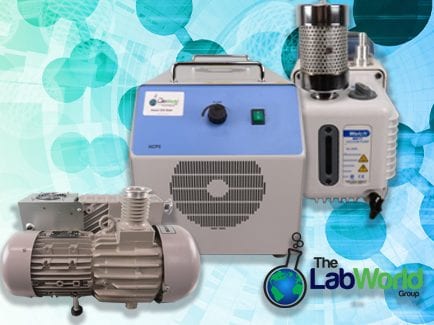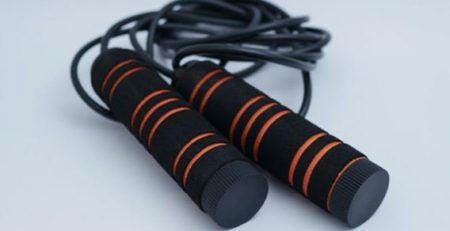Questions to Consider When Buying a Vacuum Pump
Vacuum pumps are used across a variety of industries for a number of purposes, but not all vacuum pumps are created equal. If you’re considering purchasing a vacuum pump, make sure you ask yourself the questions below.
What will you be using the vacuum for?
Different applications call for different types of equipment. Filtration requires a significantly lesser vacuum than molecular distillation. Before purchasing a vacuum pump, make sure it will not only provide you with the amount of power you need to accomplish your task, but that it can also handle the types of samples you will be processing. For example, if you’ll frequently be working with corrosive materials, while a standard duty pump may initially cost less, corrosion-resistant pumps will ultimately save you money in the long run.
Can you use a dry (oil-free) pump?
Considered a streamlined alternative to oil-based pumps, dry, or oil-free pumps are lower-maintenance, highly efficient, and typically quieter than traditional vacuum pumps and are still capable of supporting most lab applications. Consider using an oil-free pump whenever possible.
Should you invest in vacuum control?
While not required, electronic accessories may assist in improving reproducibility, protecting samples, and reducing processing times when specific vacuum conditions need to be maintained.
What is the lifetime cost of the vacuum pump?
As with any piece of lab equipment, it’s important to take into consideration the overall lifetime cost of the vacuum pump, including the purchase cost, servicing and maintenance, pump protections and staff time for operation. A more efficient pump may initially cost more, but will reduce the staff time required to perform the required application. It’s important to look at the bigger picture in terms of overall cost. Click here for a full list of our vacuum pump inventory














